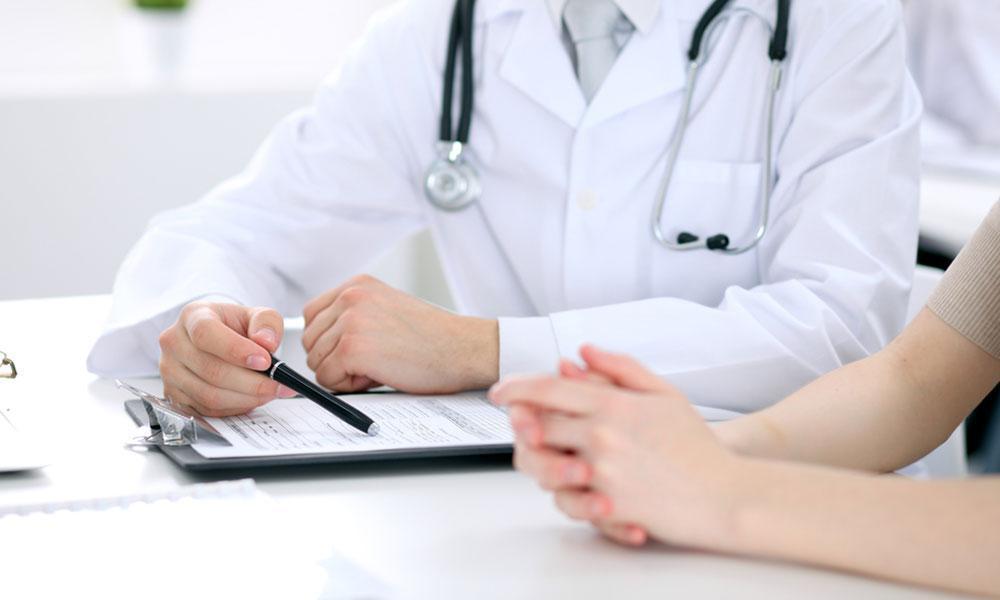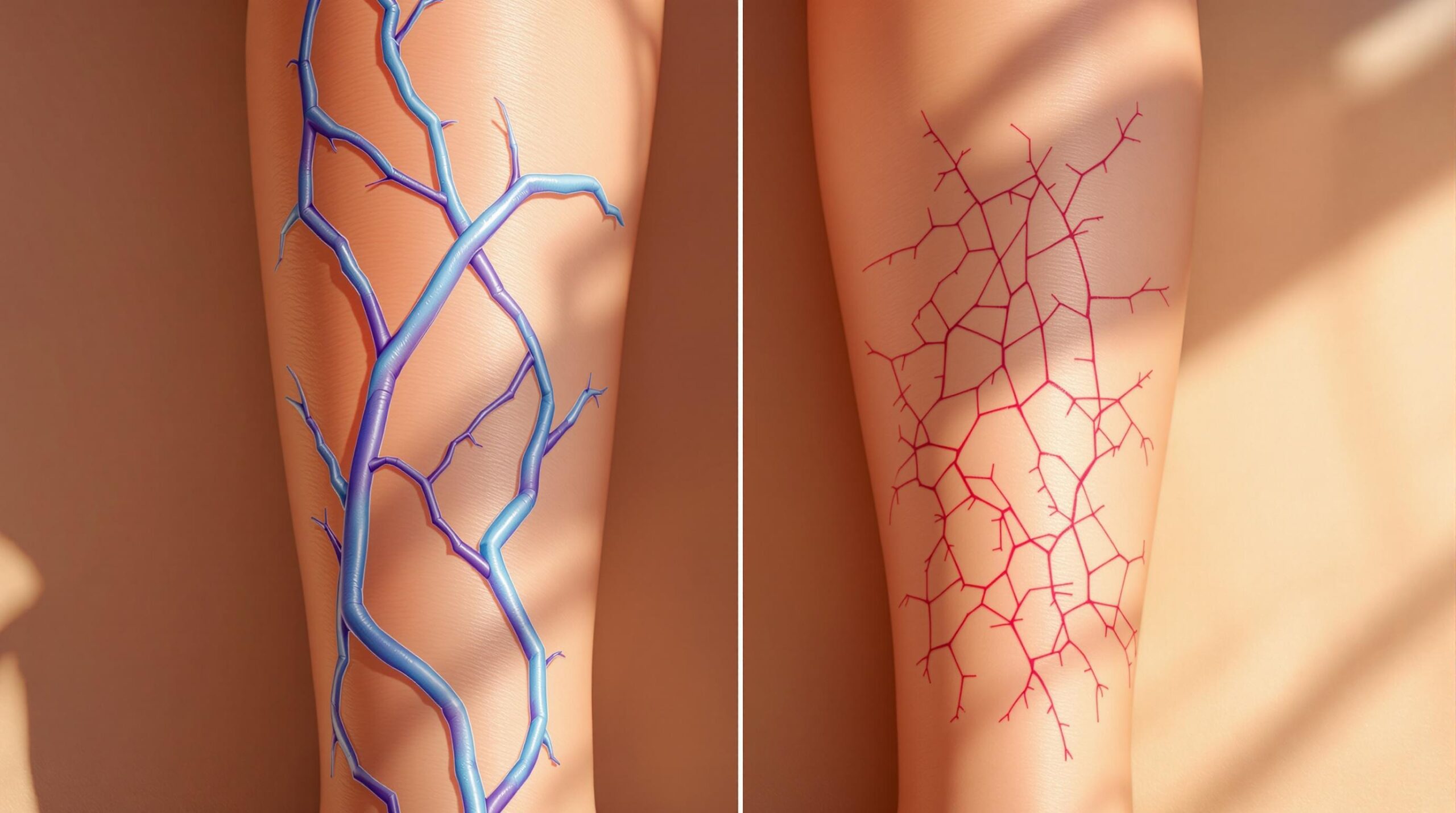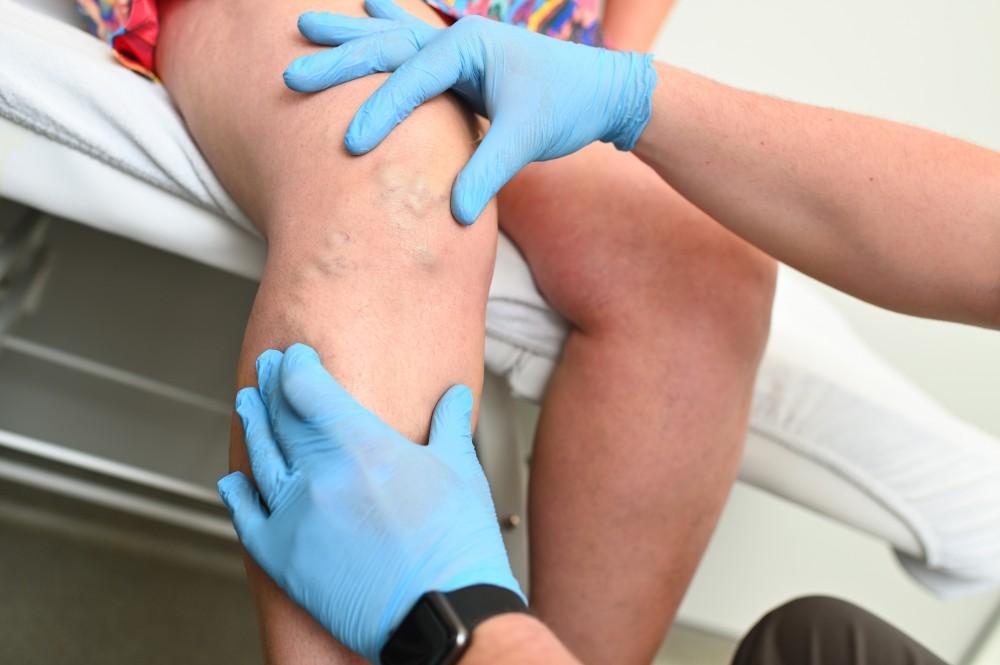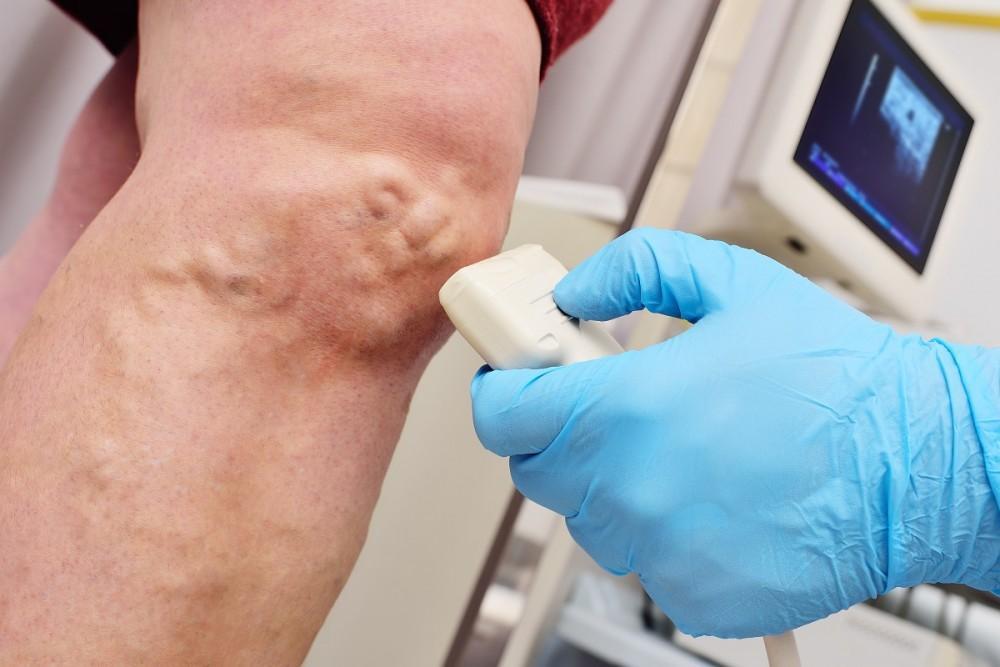We owe so much to our vascular system because it keeps all our organs supplied with oxygen and nutrients, while feeding our muscles, bones, and skin. Your vascular system sends blood everywhere it’s needed, and you have energy and stamina because of it. Your veins are an important part of the system, but they’re as vulnerable to malaise as the rest of the body.
Why vein issues happen
Aging, heredity, and environmental factors all contribute to the health of your veins. Your heart pumps about 2,000 gallons of oxygen-rich blood through your arteries daily, where it’s distributed through the rest of your body through smaller blood vessels. Your veins are the blood vessels responsible for returning deoxygenated blood to the heart.
If your veins aren’t in optimal health, your circulation will be affected, and you may develop a vein disease. Though some vein issues are relatively benign, other issues could endanger your health, or even your life. Understanding when it might be necessary to contact your provider at Prime Heart and Vascular can save you pain and trouble later in life.
5 reasons to see a specialist about your veins
You may not know you have any vein issues until you meet with your primary care doctor, though some vein issues have visible symptoms. Whether or not you’re sure of your vein health, there are several reasons to reach out to a vein specialist:
Varicose veins
You won’t be able to miss the sight of bulging, discolored veins on your legs. Some varicose veins are small and are found on the face and arms. These tiny varicose veins are spider veins. Varicose veins are the result of weak valves, which keep blood from flowing backwards, causing blood to pool in a vein, pushing it to the surface of your skin.
Itching or heaviness in your legs
Heaviness and irritation in your legs are well-known symptoms of varicose veins. Though varicose veins are usually harmless, despite their cause, these symptoms could also indicate something more serious, like a deep vein thrombosis, which is a type of blood clot.
Sores that will not heal
Diet and heredity may lead to your arteries to narrow or become blocked, but if you’re experiencing numbness, weakness, or unhealing sores on your legs, you may be living with peripheral artery disease, or PAD. PAD affects circulation in your legs, feet, and toes, and cramping, discolored skin, and cold feelings in the legs are also common symptoms.
Weakness on one side of the body
Weakness on one side of your body could indicate carotid artery disease, which is a buildup of plaque in the carotid arteries, the blood vessels that feed the eyes and brain. Carotid artery disease dramatically elevates your risk of having a stroke.
Chest pain
If you’re experiencing chest pain, also called angina, stay vigilant. Pain in this area of the body could be coming from your heart, the body’s most important muscle, or one of the surrounding arteries, which are essential to a healthy blood flow. Contact your provider at Prime Heart and Vascular immediately if you’ve been experiencing chest pains.
If you need a specialist now
Vein issues may not be an immediate threat to your health, but should be taken seriously, and treated as quickly as possible to avoid possible complications. Before we recommend any treatment, we sit with you for a full consultation and perform testing to confirm what, if any, vein issues you may have.
Your veins are a major part of your overall health, and you don’t want to miss time with loved ones because you haven’t taken care of yourself. If you suspect that you’re having any vascular issues, please contact us today at 972-295-7017, or book an appointment with us online.





